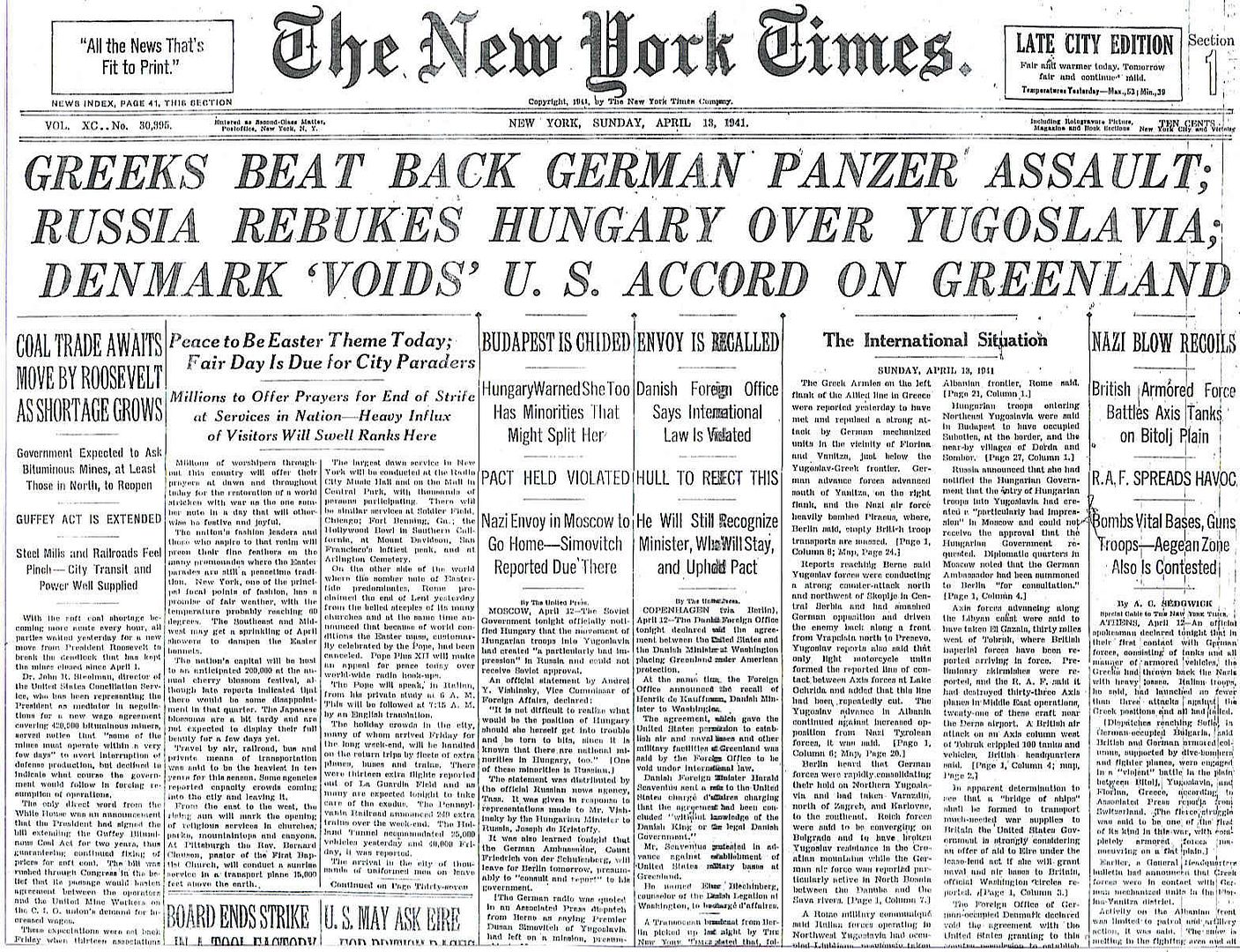
Posted on 04/13/2011 5:23:06 AM PDT by Homer_J_Simpson

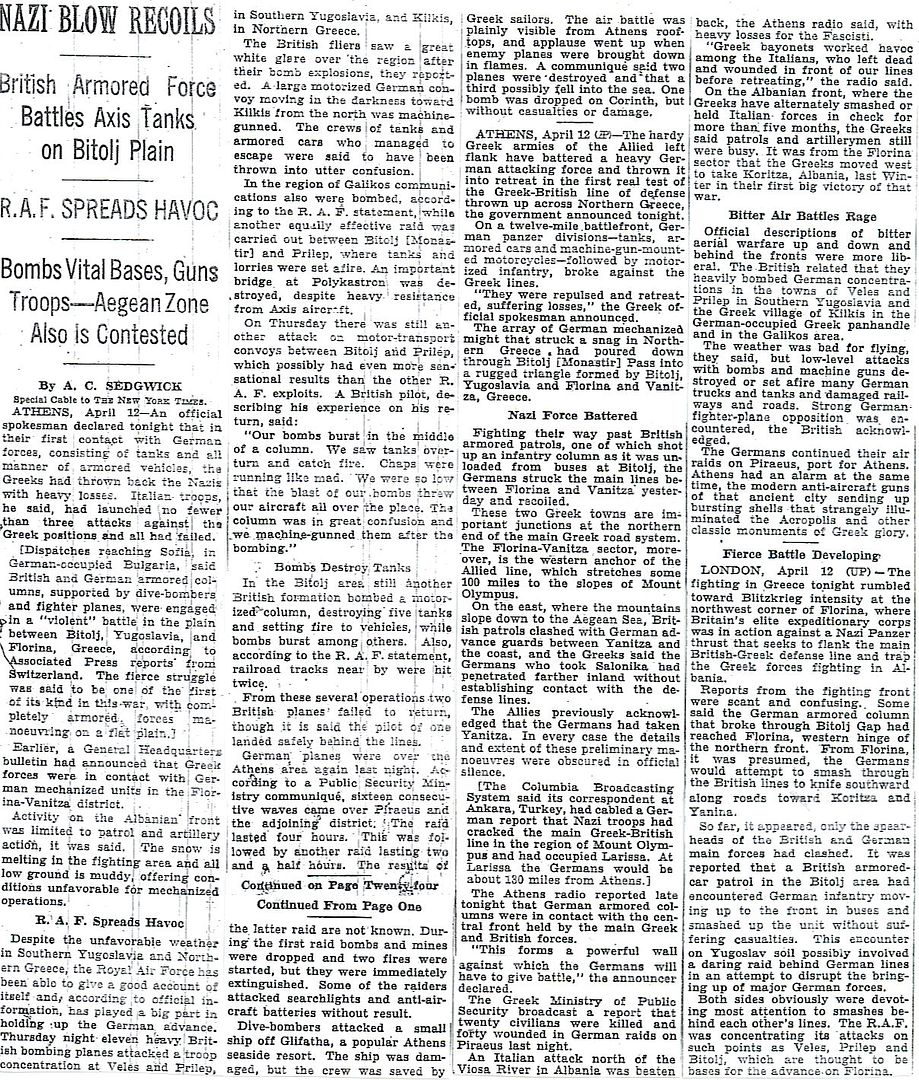
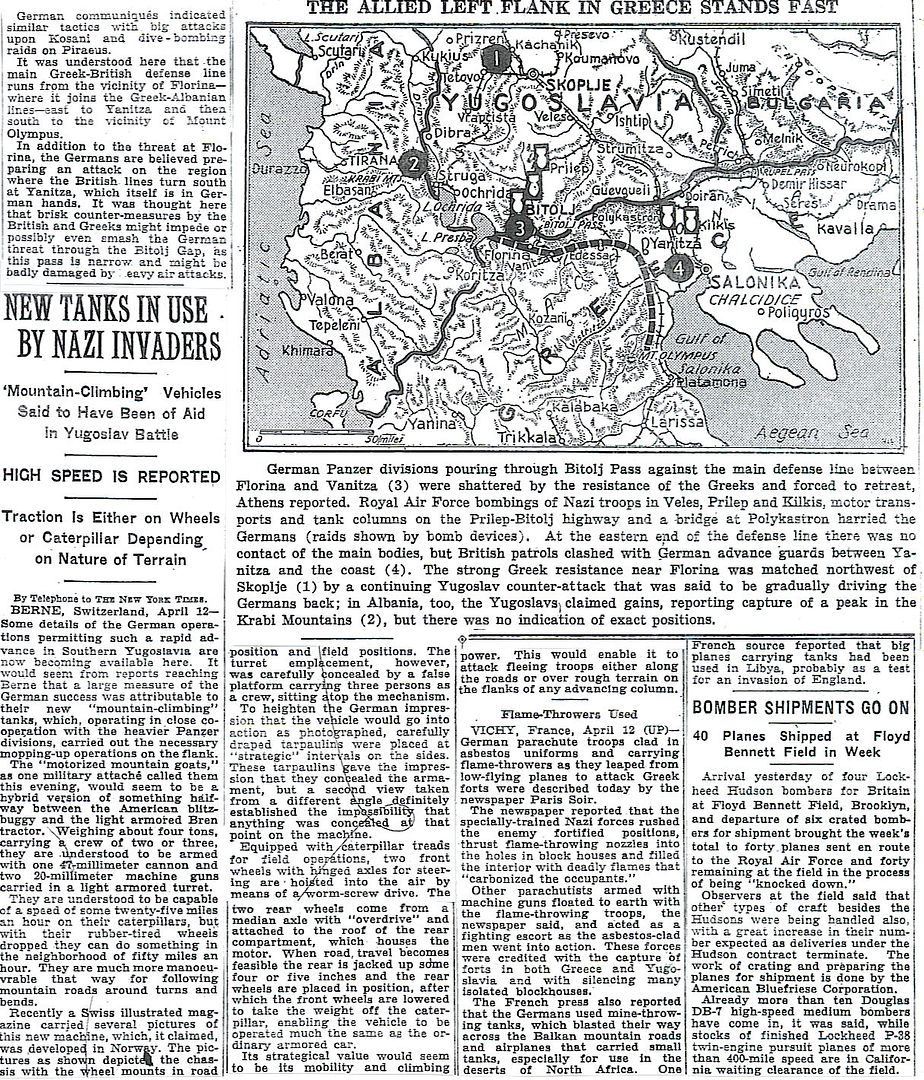
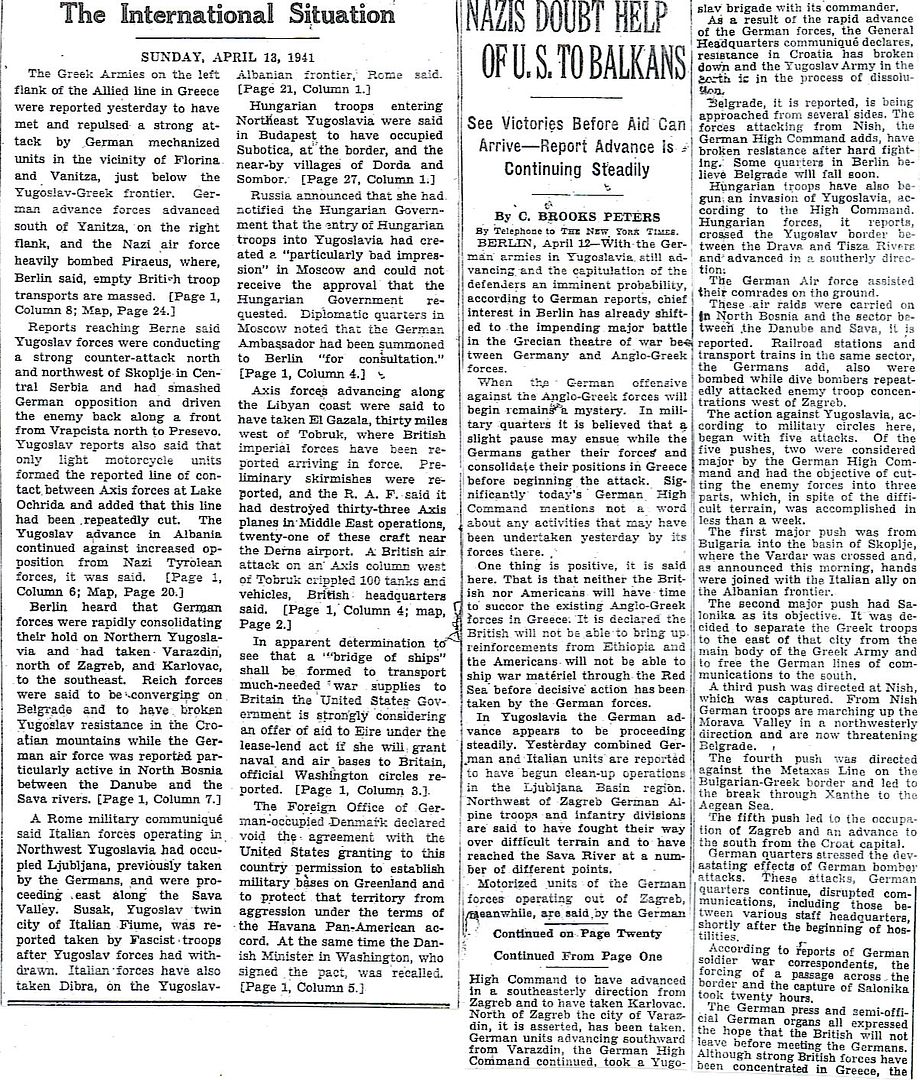
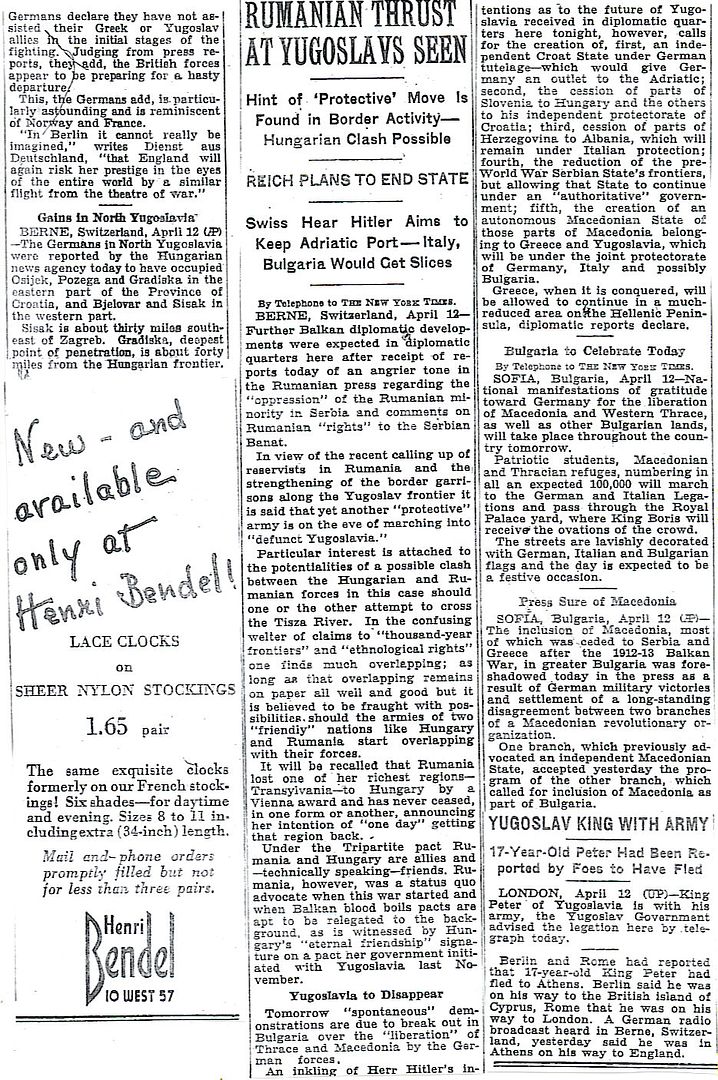
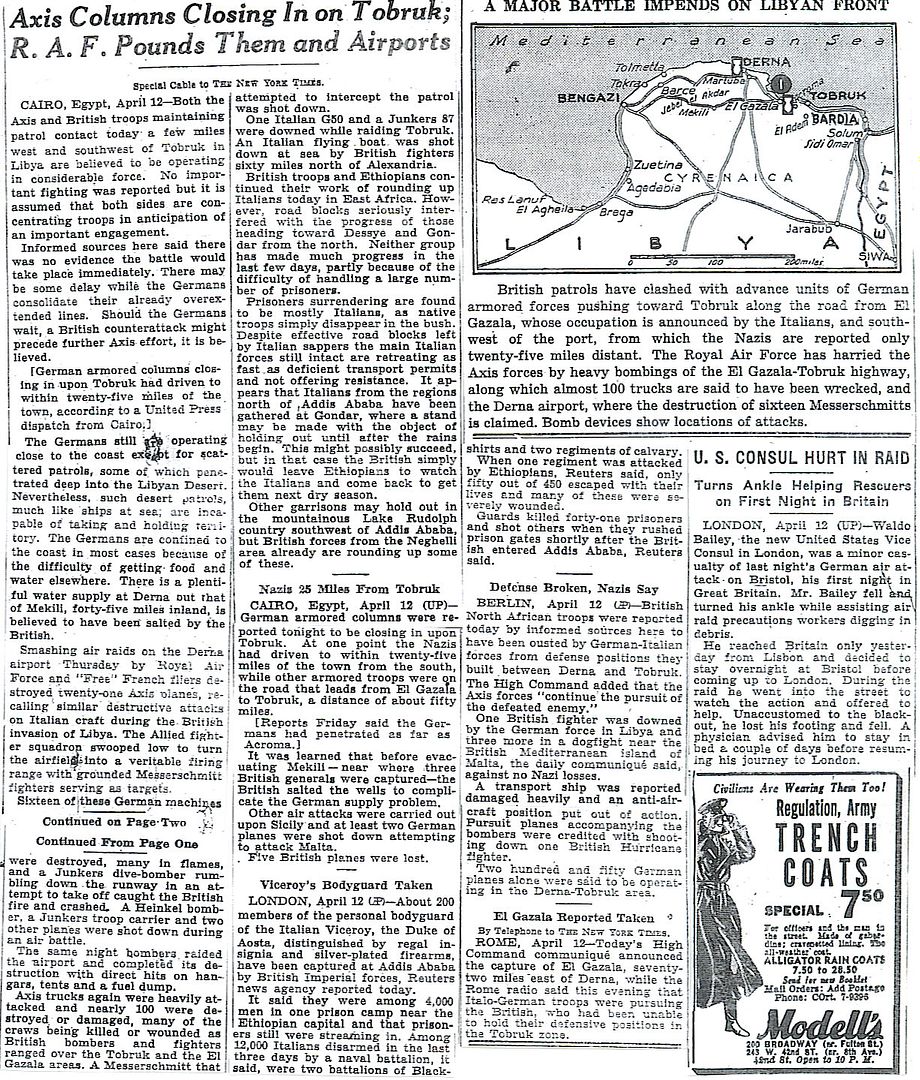
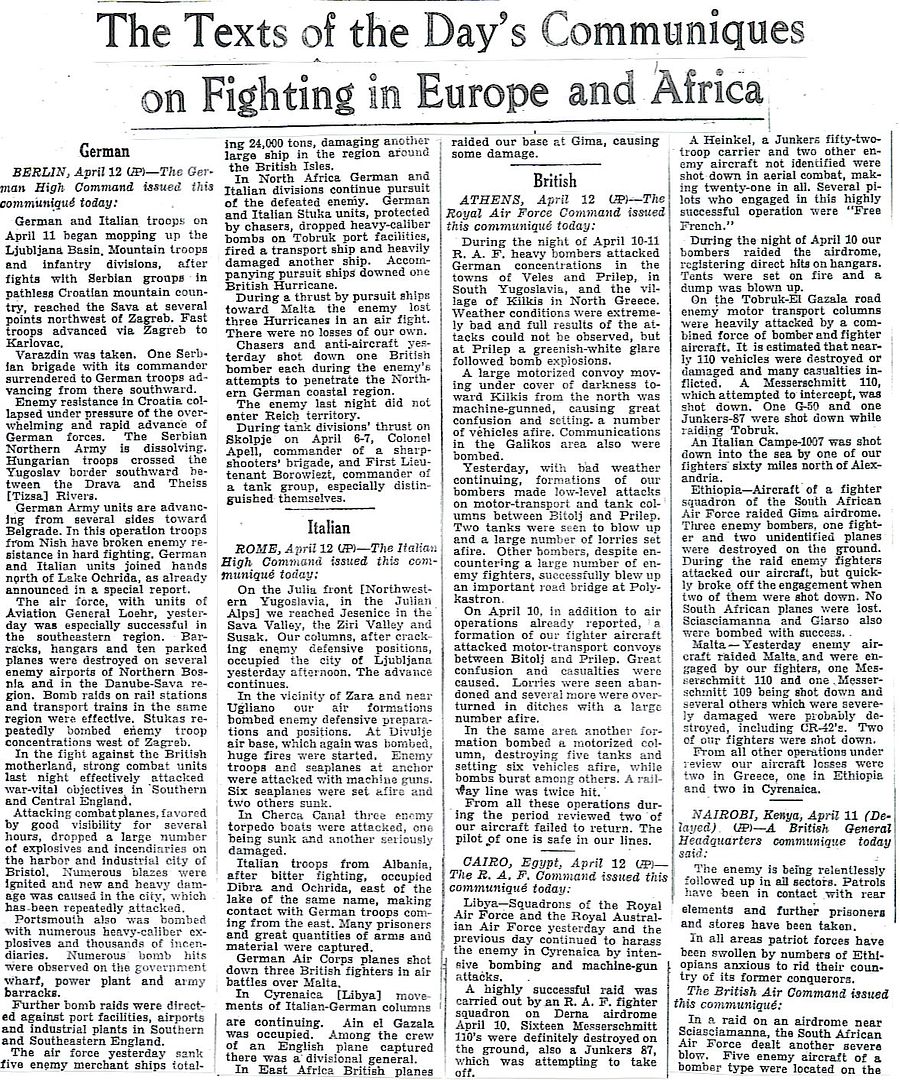

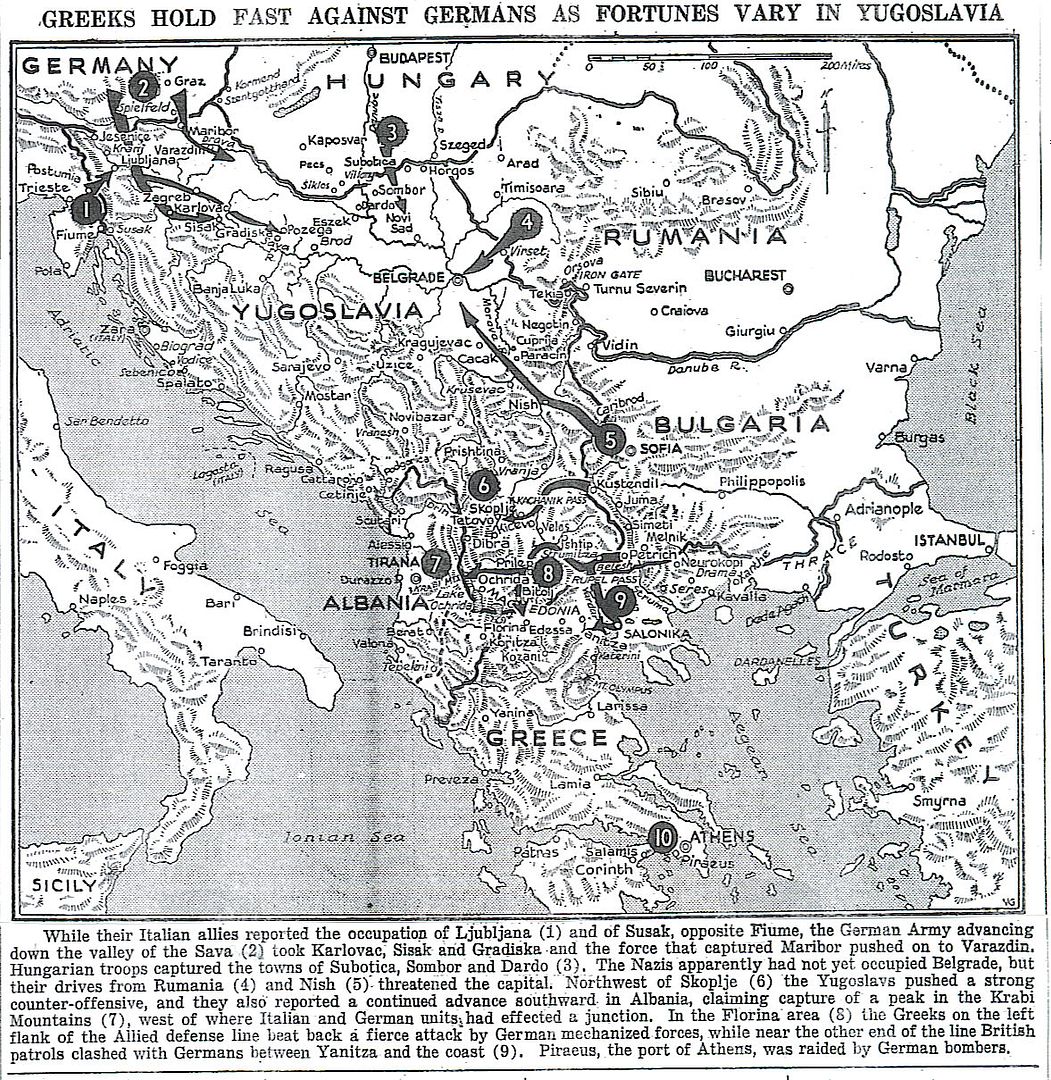
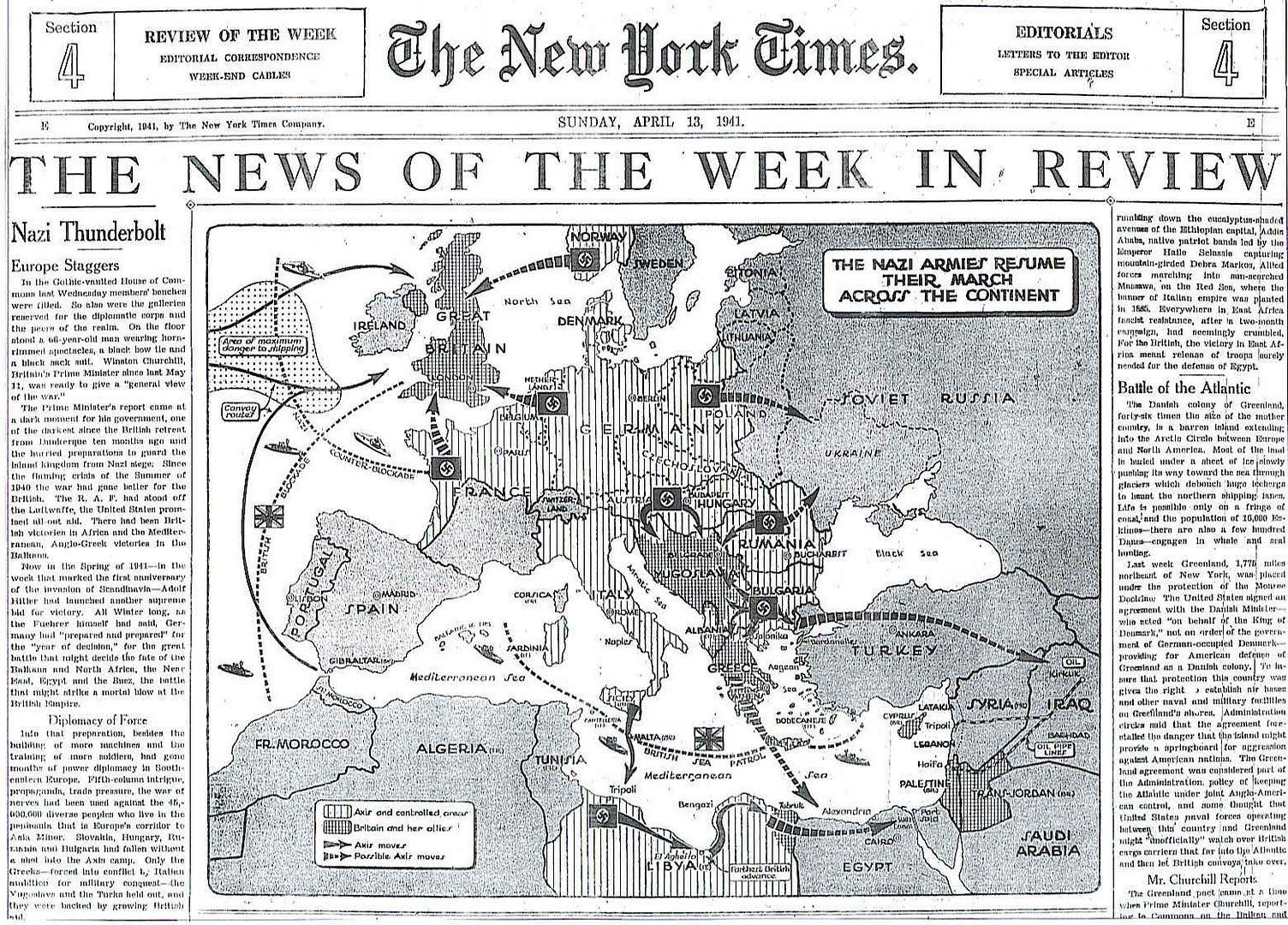
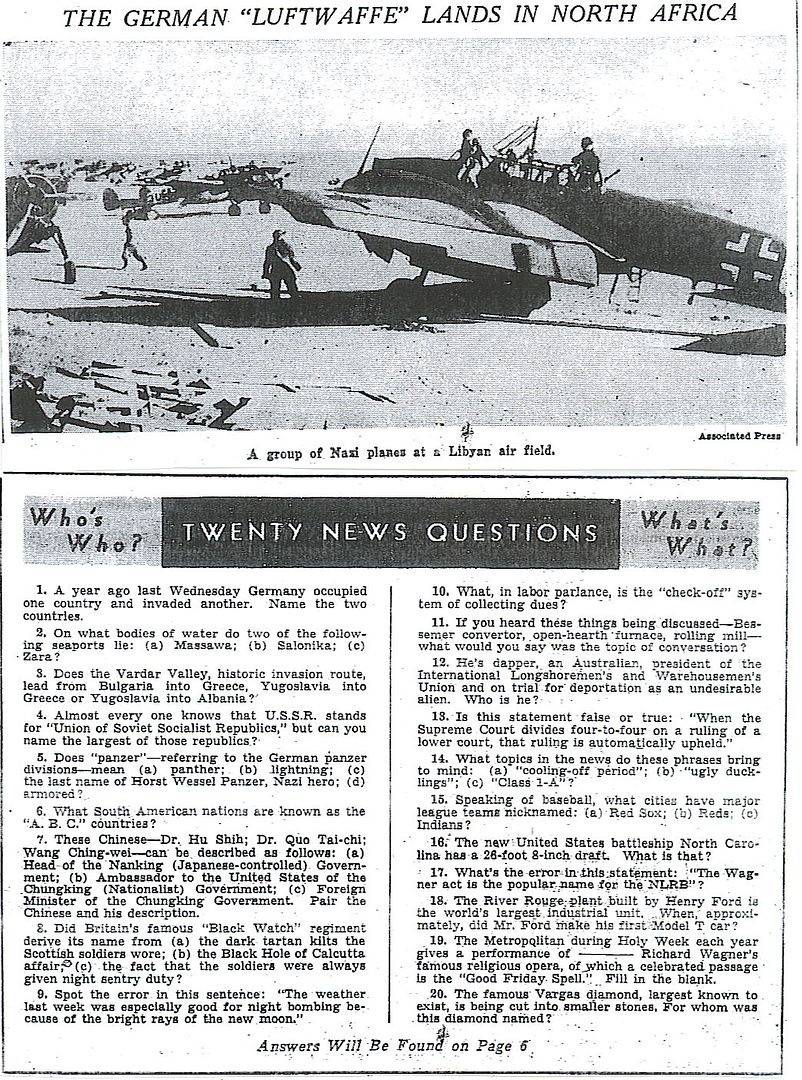
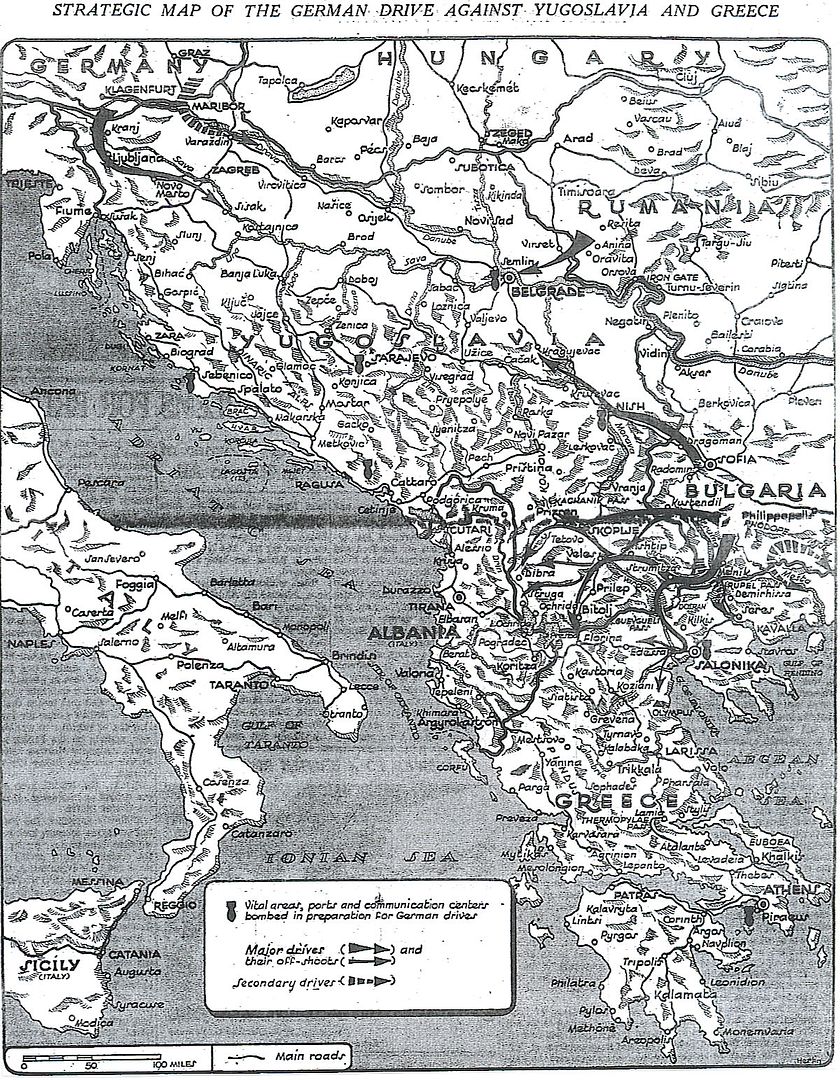
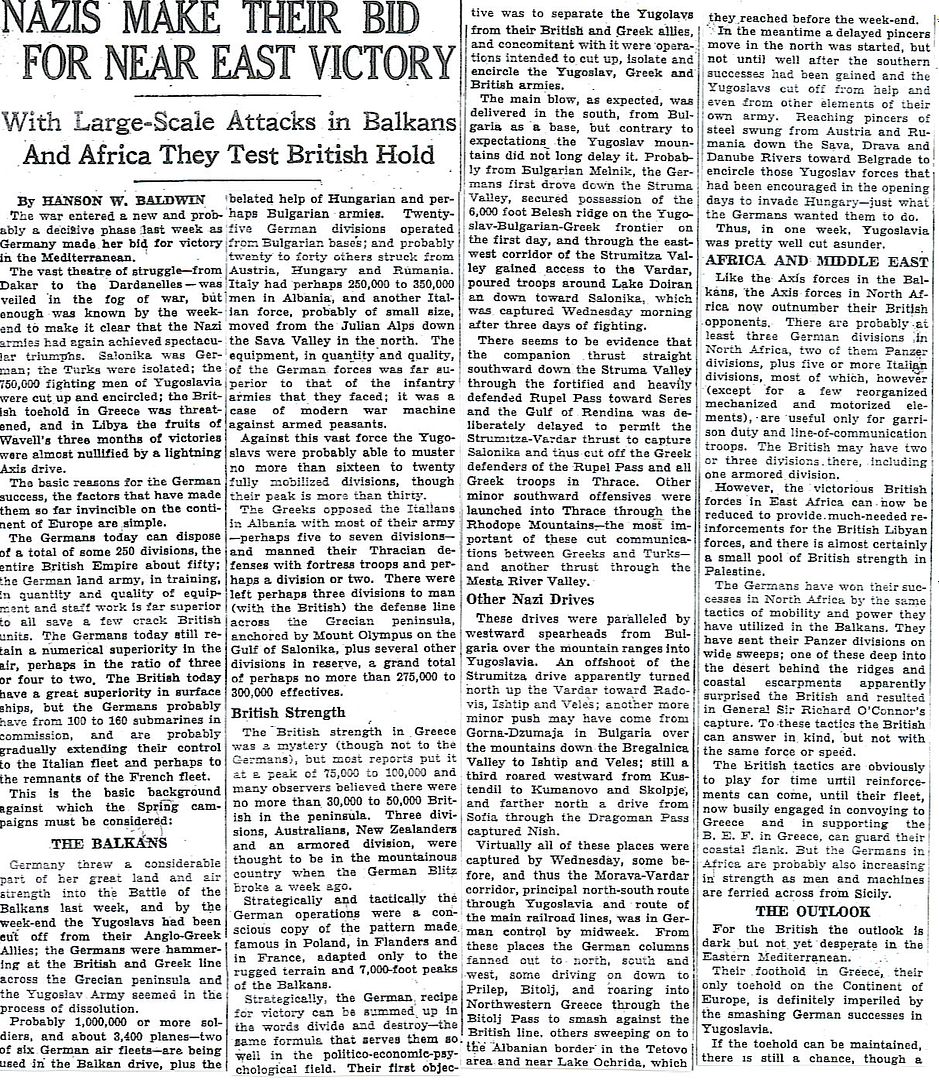
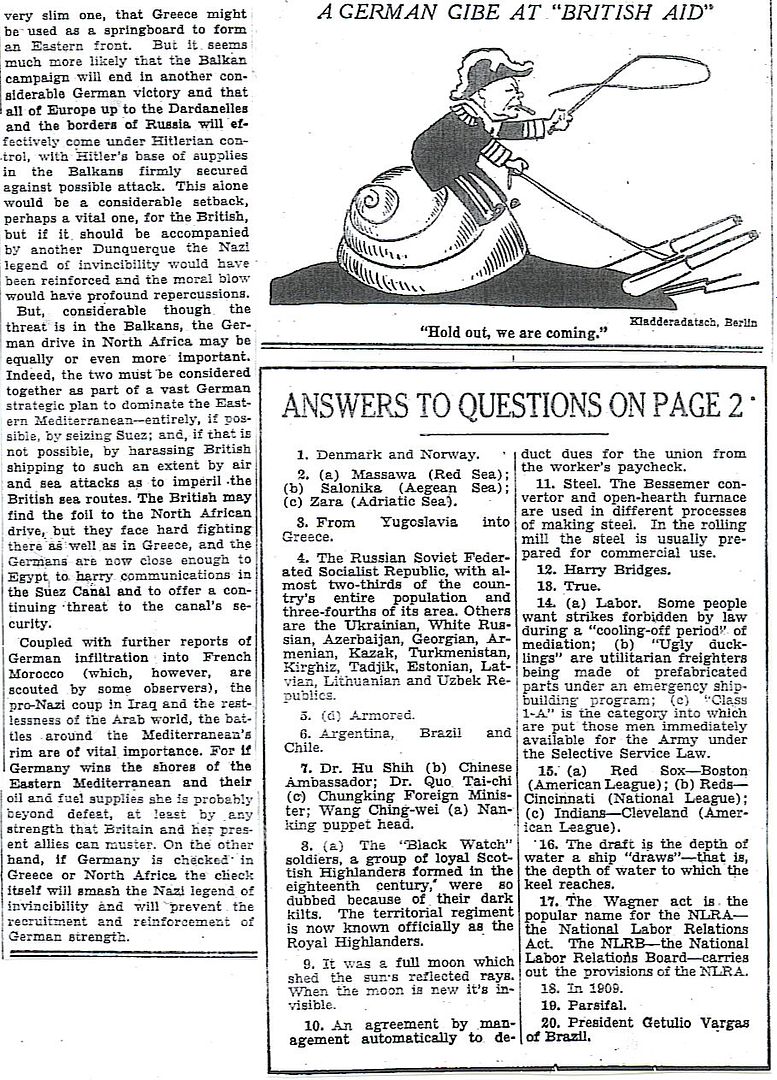

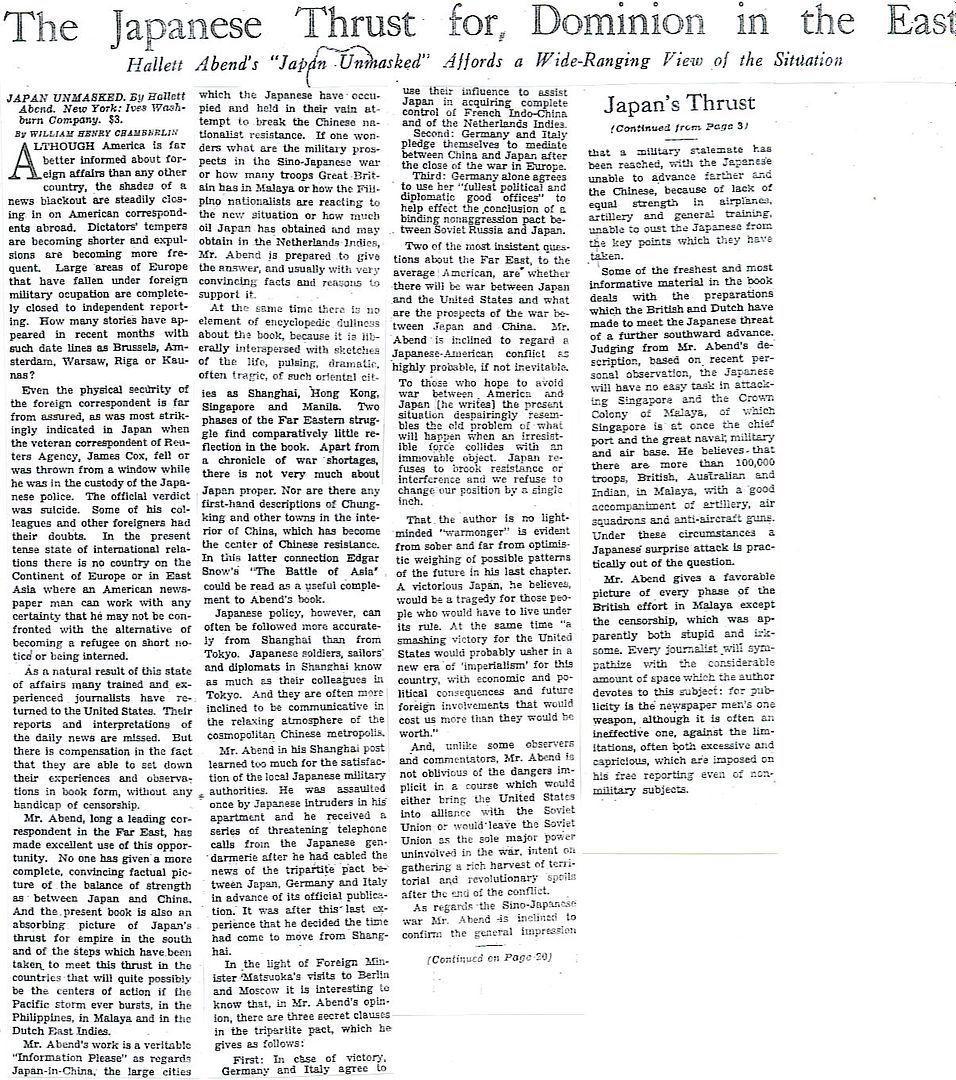
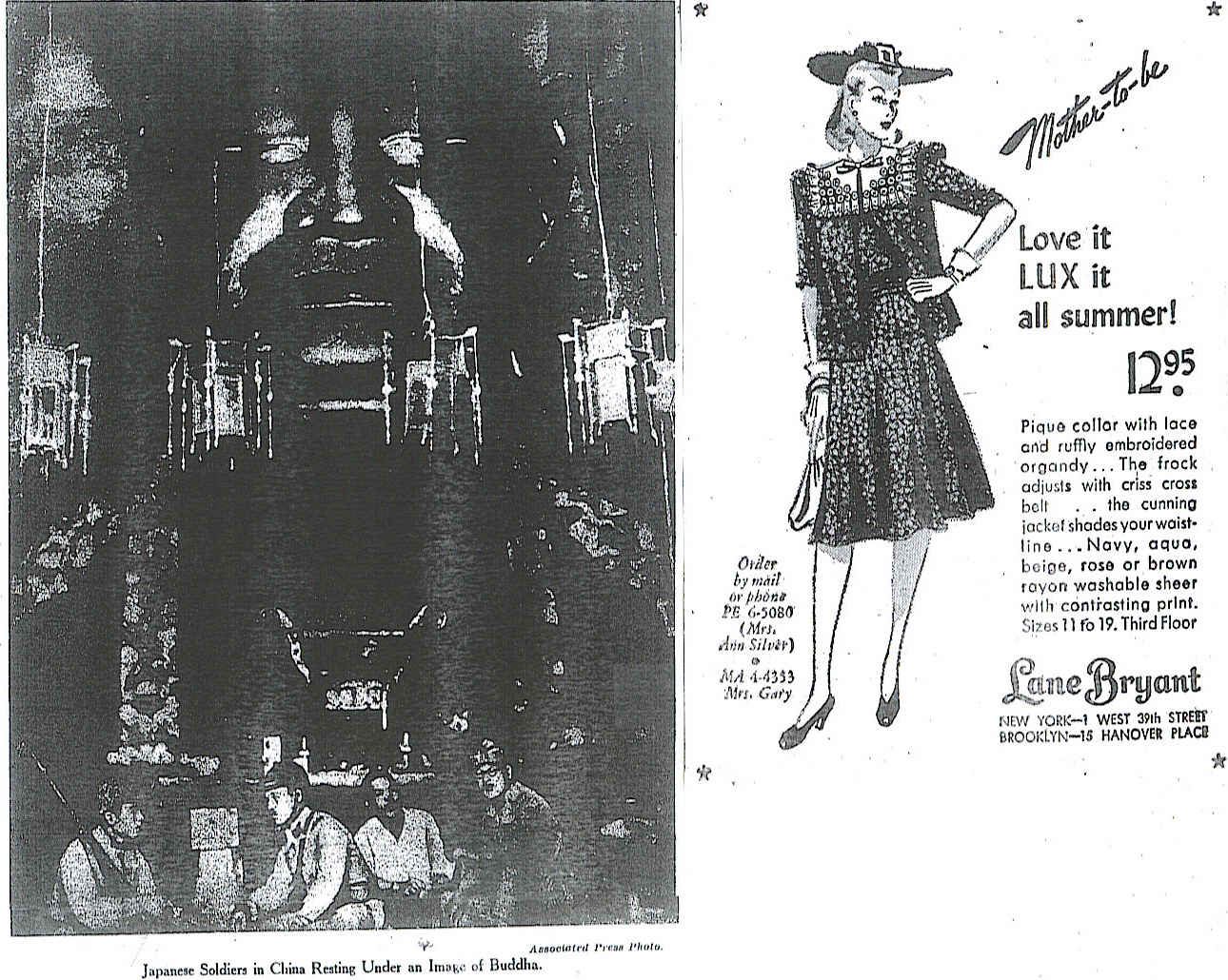
David Stahel. Operation Barbarossa and Germany’s Defeat in the East. Cambridge, MA: Cambridge University Press, 2009. 451 pp. ISBN 978-0-521-76847-4.
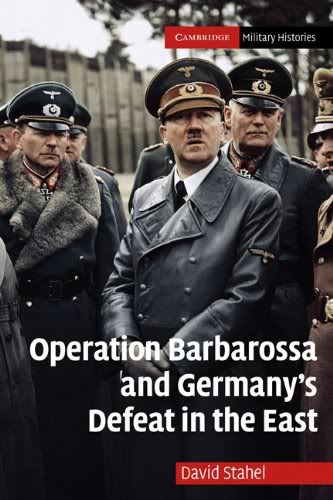 At 3:15 a.m. on June 22, 1941 the skies opened up with the thunderous boom of artillery fire. After months of preparation, the German invasion of the Soviet Union had begun. Though Hitler wouldn’t know it at the time, this was the most fatal mistake he would make in the entire war. The decision to invade the Soviet Union would eventually lead to Germany fighting a two and even three front war as Britain held out and America joined the fray. The Soviet colossus did not crumble as had every other adversary the Wehrmacht had faced and by the end of the year it was clear that they would be in a long and probably losing battle with the inexhaustible mass of Russia.
At 3:15 a.m. on June 22, 1941 the skies opened up with the thunderous boom of artillery fire. After months of preparation, the German invasion of the Soviet Union had begun. Though Hitler wouldn’t know it at the time, this was the most fatal mistake he would make in the entire war. The decision to invade the Soviet Union would eventually lead to Germany fighting a two and even three front war as Britain held out and America joined the fray. The Soviet colossus did not crumble as had every other adversary the Wehrmacht had faced and by the end of the year it was clear that they would be in a long and probably losing battle with the inexhaustible mass of Russia.
Contemporary histories often portray operation BARBAROSSA as the triumphant 1st phase of Germany’s attack on the Soviet Union that had brought the large country to the brink of collapse. They also tend to credit the Russian winter as the event that finally brought the German armies to a stop and in turn saved the Soviet empire. The reality couldn’t be farther from the truth. David Stahel’s book, Operation Barbarossa and Germany’s Defeat in the East is a study of the problems that really had doomed operation BARBAROSSA from succeeding before the invasion even began. Set before the start of the invasion and only tracking events to the end of August that year, David Stahel demonstrates to the reader how the problems that faced the Wehrmacht were insurmountable in light of the resources they had available and the leadership they had to command it. By August, long before the first rains or freezes of autumn, the German army was already at the end of its strength and was truly in dire straights.
David Stahel focuses on two major aspects that led to the German defeat in the east. These points of focus are not only vitally important to understanding the situation for Germany in operation BARBAROSSA, but they are also aspects that are usually ignored by common histories. The first of these issues is with the leadership driving the armies themselves. Much has been made of bad decisions made by Hitler during the course of the Second World War, but more often than not, the German generals who followed his orders are portrayed as brilliant strategist, with their only failings being the burden of trying to follow impossible orders from their Führer. Stahel goes beyond the erratic whims of Adolf Hitler to show the flaws within the leadership of the Germany armed forces as well. From Franz Halder’s manipulations of orders to try and force a move on Moscow (contrary to Hitler’s wishes) to Guderian’s over extension of his lines and even Paulus’ inability to show the flaws in the invasion plans in his pre-invasion war games, the flaws in the German command are shown for the fallacies that they really possessed. David Stahel explains to his readers the infighting, uncertainty, and just poor judgment that plagued the generals of Germany.
The second aspect focused on by Stahel is the logistical nightmare that was operation BARBAROSSA. He shows that even before the invasion began there were already critical shortages on vital supplies including seemingly trivial things like tires for the support vehicles. Once the invasion had begun, problems with supplies only continued to get worse. Stahel demonstrates that not only was the well know problem with the different rail gauges a problem for logistical support of the armies, but it was impossible to make up the difference with the other support means at the Wehrmacht’s disposal. The supply vehicles that would be needed to provide the supplies to the front were too few and to fragile to do the job. The horses that made up a large portion of the supply system as well as for the transport of men and artillery were simply not conditioned for the harsher Soviet conditions and suffered from a very high rate of attrition. Before the autumn rains got equipment stuck, the sandy roads clogged engines, and choked men. As Stahel shows in his analysis of logistical support, not only were many of these divisions not getting new equipment and tanks to replace their losses, they also were not receiving the parts they needed to recondition the repairable fighting vehicles they had. In this Stahel shows how the vaunted blitzkrieg was ground to a halt well before the Russian winter began freezing troops and engines.
The research for this book is extremely detailed. Stahel uses detailed footnotes at the end of each page to not only reference his source material, but to expand on the reference or recommend other sources of information for the particular piece of information. In short, this book has nearly as much “back matter” as it has writing. For this reason, the book reads much like what it likely is. It reads as if it is a doctoral dissertation that is designed to be readily defendable. For the reader of popular histories this book may not have the trappings to keep up their interest. Its attention to detail comes at the expense of leaving out some of the more interesting side notes that you would see in a general history book and some portions of it are a bit dry. However, for those who are really in search of understanding the detail of what went wrong with the German invasion of the Soviet Union, this book will deliver in spades. Another author and expert on the Eastern Front, David Glantz has referred to this book as the “state of the art” on the subject of operation BARBAROSSA and this author would have to agree completely. If you want to understand operation BARBAROSSA and those first critical months of the war in the east, this is the book to get.
CougarGA7
I don’t think FDR could have gotten a declaration of war against the Germans if Hitler hadn’t declared war first. The American population was still isolationist to a large degree, and the surprise attack at Pearl Harbor enflamed them against the Japanese, not the Axis.
I agree. I believe that is why FDR did not call for a declaration of war against Germany after the attack. He knew he wouldn’t get one and it would just open up an avenue of attack on himself by the remaining isolationists. There was a lot of things wrong with FDR, but you can’t say he was not politically savvy.
This pact is tomorrow's headline. It will be interesting to see what the wise guys of 1941 saw as its implications for the future of the war, as compared to our hindsight.
When was that? I missed it.
What is Rommel's current rank? As compared to the other German big dogs mentioned in their communiques.
I gotta get Stahel’s book. Sounds like a “must read” for me.
A special bulletin of the German High Command revealed today that on Monday, the day on which Derna in North Africa fell to troops under the command of Lieut. Gen. Erwin Rommel, Mekill, fifty miles southwest of Derna, was also taken by Axis forces.
That's the only mention of Rommel I've picked up on as of yet.
“Berlin: Hitler orders swift mopping-up operations in Yugoslavia and Greece.”
Thus the seeds of an effective partisan movement are sown in Yugoslavia. While the invasion of Yugoslavia will not delay Barbarossa (as discussed a while back), the looming start date for Barbarossa is pressing Hitler to get his forces out of the Balkans and made available for service in the USSR. The result is that he doesn’t give his armies time to round up all of the Yugoslavian army, and more importantly, to identify and secure all of the Yugoslav weapons and supply dumps.
The rough mountainous terrain will help the Yugoslavs, and because of that the Germans needed to take their time to pacify the country. Getting their panties in a wad to get freed up for Barbarossa wasn’t prudent.
The Me110 was valuable in North Africa because it had much longer range than the 109. Also, the 110’s in the photo might not have been daylight fighters; the Germans were finding them useful as ground attack planes, and they would serve quite well in that capacity in Russia.
Hey Homer; what’s this map crap about “Nazi Armies Resume Their March Across the Continent?” If I didn’t know better, I would swear that the New York Times is showing potential Nazi forces invading Soviet Poland and Ukraine.
Where did that come from? I mean, I thought everyone knew Hitler and Stalin were butt-buddies.
Think somebody ought to tell Uncle Joe?
You are absolutely right. They point out the “possible Axis move” by two different forces. Let’s call these hypothetical forces Army Group South and Army Group Center. Churchill is convinced this is the plan and is doing his best to alert Uncle Joe, but he is having a heck of a time getting a message through.
It is suspicious isn’t it. I bet if someone told Stalin he would change his tune about Hitler, wouldn’t he?
I really recommend this book for the serious history enthusiast. It really gets into the nuts and bolts of things.
General den Panzertruppen, I believe- Lieutenant General.
Not enough to start a scrapbook. Any bets as to when the magnificent bastard gets his first page 1 headline?
Lieutenant general. That sounds lofty enough to be worthy of a few plugs from Berlin.
Cosidering the mileage they got out of him in France, when he led the 7th ‘Ghost’ Pz. Div., the silence is deadening.
But then again, the boys on the Grosse Generalstab weren’t all that fond of Rommel.
Correct me if I’m wrong, but Lieutenant General in the Wehrmacht is the same as a Major General in the U.S. Army, two stars.
One of the motivations for Hitler declaring war on the US after Pearl Harbor, was that he hoped it would lead the Japanese to enter the war against the Soviet Union, of course they didn't fall for it.
The equivalent can be confusing, because in the German Army, the rank for Major General was “Generalleutnant”, while the rank for Lieutenant was “General den______ [branch: Infanterie, Artillerie, Panzertruppen, etc]”. In Rommel’s case, even though most of his career had been spent in the Infantry, he was promoted, when he made Lt. Gen., to “General den Panzertruppen”.
Disclaimer: Opinions posted on Free Republic are those of the individual posters and do not necessarily represent the opinion of Free Republic or its management. All materials posted herein are protected by copyright law and the exemption for fair use of copyrighted works.